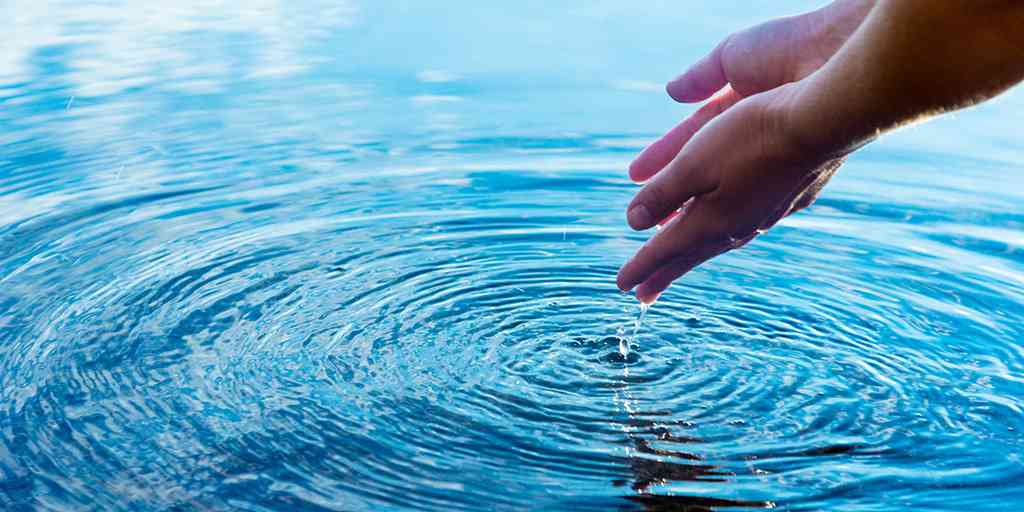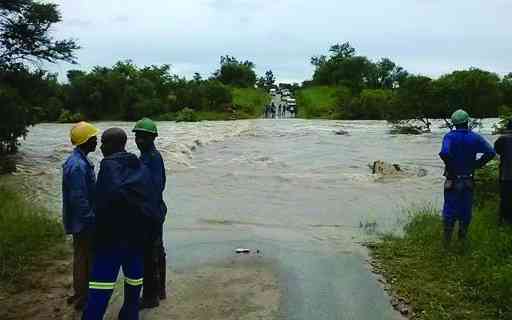
RECENT developments in Zimbabwe’s major cities and towns have seen a collapse in municipal water treatment and delivery systems, with a move towards the private use of groundwater at household, community and even industrial levels. Proper liquid and solid waste management as well as adequate provision of general services to the public by local authorities has remained a pipe dream owing to serious economic challenges facing the country. The country’s electricity supply is erratic affecting drinking water pumping capacity at the water treatment and distribution stage thereby reducing normal pump flow at household level.
Groundwater was known as the best source of drinking water, especially in rural areas. When water slowly percolates into the aquifer it is purified of biological pollutants. However in present day, risky development and poor land use planning has presented a double-edged sword for the present and future generation with regards to water issues in Zimbabwe. Wetlands have been occupied, river basins polluted and the volume of water withdrawal exceeds long-term recharge for natural water aquifers today, resulting in rapidly declining groundwater levels in many areas. Of importance to note is that management of groundwater access and utilisation has always been a challenge considering that groundwater is a common resource with individual benefits and collective costs.
Inadequate management practices, lack of solid national water policies, poor maintenance and deterioration of infrastructure, corruption, and lack of adequate funding have not resulted only in water scarcity but poor water quality for most rural and urban areas in Zimbabwe. In urban Zimbabwe, water supply in areas like Msasa Park, Zimre Park and Mabvuku is erratic.
Further to this council water scarcity, groundwater in a greater part of these areas is characterised as “hard”. Water hardness is caused by presence of dissolved metallic ions such as calcium and magnesium.
Zvishavane, Bindura and Mt Darwin are some of the places that do have the bulk of their ground water in the “hard” form. A 2019 study by Mulela et al pointed out that 80% of the 19 boreholes sampled in Zvishavane had water hardness above the recommended limit of 500 mg/L (SAZS 560:1997). The borehole water reported high levels of magnesium, calcium as well as chloride levels. Other researches have indicated that water hardness can also be caused by presence of several other dissolved metals such as aluminum, barium, strontium, iron, zinc, and manganese (WHO, 2011).
Addressing water quality issues require transformative and behavioural changes from individual to national level. Soil and groundwater contamination is mainly attributed to poor solid and liquid waste management as well as rudimentary agriculture and mining practices at all levels. Small-scale farmers have been accused of using unsustainable toxic fertilisers, small-scale alluvial miners accused of depositing toxins in river lines and larger mining and production companies have failed dismally to effectively manage their waste. In most areas with hard water, there is clear evidence of overflowing, poorly constructed slime dams that is further pushing toxins and negatively impacting the health and livelihoods of local people.
Negative effects of hard water
Undeniably, hard water negatively impact livelihoods that depend on clean water use. Mpofu a horticulture farmer of Bulawayo reported that his vegetable leaves turned yellow after irrigating them using water from Khami River. A local university conducted tests on the water source and found that the river water was contaminated with bacteria and heavy metals that were harmful and not recommended for human consumption.
- Mavhunga puts DeMbare into Chibuku quarterfinals
- Bulls to charge into Zimbabwe gold stocks
- Ndiraya concerned as goals dry up
- Letters: How solar power is transforming African farms
Keep Reading
Hard water has also been associated with a number of health issues. It causes dry hair and dry skin as it does not effectively wash away soap and further absorbing natural moisture and oils. Furthermore, hard water reacts negatively to soaps and detergents forming a curdy substance often called soap scam and very difficult to manage. People react to hard water in many ways because when hard water dries, it leaves behind tiny hard minerals on the skin. These can clog pores and upset the natural PH levels of one’s skin leading to skin irritation.
In some instances faded clothes are a result of hard water use. The chemical molecules may also cause fraying and accelerated wear and tear. From a study in Zvishavane, the high levels of iron in samples could explain the observed typical light brown colour and taste of water and above 0,3 mg/l level, iron stains laundry and plumbing fixtures (WHO, 2017). The calcium and magnesium molecules in hard water cause scaling, the buildup of chemicals. This can happen to pipes, faucets and even appliances ultimately causing loss of efficiency and premature breakdown in appliances such as dishwashers and coffee makers.
In conclusion, hard water in homes is a result of a package of minerals picked up as water percolates through the soil. Rectifying this will start from good soil, land and waste management practices in all spaces. Restoration measures are costly. Preventive measures do save future generations a fortune.
- Farai Madende Nhekairo is a researcher, writer, socio-ecologist and development practitioner. She is the Founder of Community Impact Solutions, ClimSmartSOL and CEO EatOut Movement.










